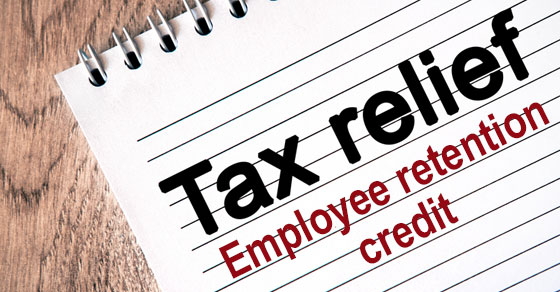PPP Flexibility Act eases rules for borrowers coping with COVID-19
As you may recall, the Small Business Administration (SBA) launched the Paycheck Protection Program (PPP) back in April to help companies reeling from the economic impact of the COVID-19 pandemic. Created under a provision of the Coronavirus Aid, Relief and Economic Security (CARES) Act, the PPP is available to U.S. businesses with fewer than 500 […]
PPP Flexibility Act eases rules for borrowers coping with COVID-19 Read More »










